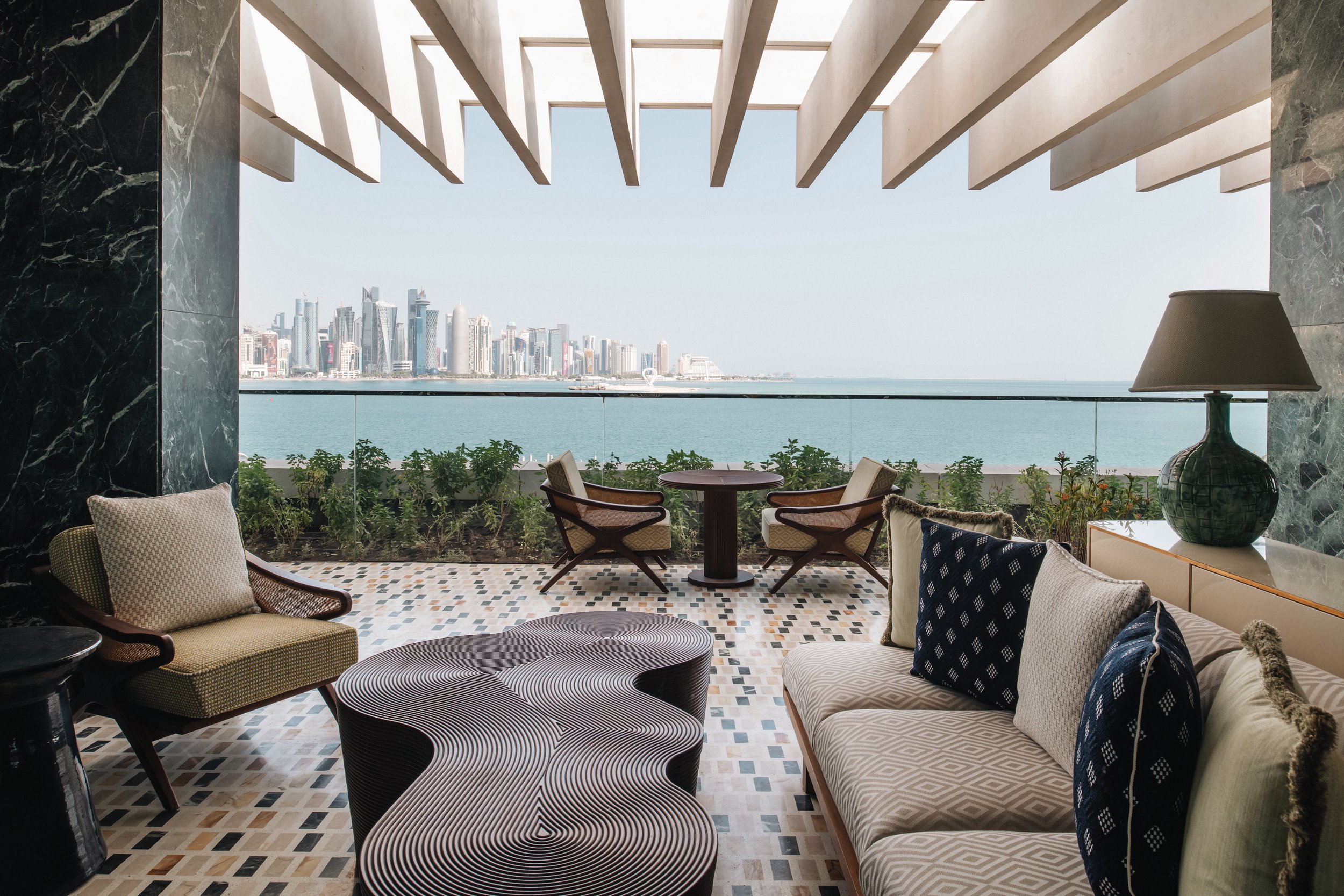
LUXURY ON THE RISE.
The global luxury market took a giant leap forward in 2022, rising 21% to $1.4 trillion, according to Bain & Company, which sees growth slowing but continuing at 3% to 8% this year. Some high-end consumer brands are reporting record-breaking sales, while others have raised prices to capitalize on demand. Meanwhile, as Philippe Schaus, CEO of Moët Hennessy, told Bloomberg last November, the company was “running out of stock” of some top Champagnes due to demand and tagged our era as “the Roaring Twenties.” Cheers!
Bombarded by references to luxury in popular culture, Gen Z is contributing to this market, with the slight twist that those born between the mid-‘90s and the ‘10s are captivated with luxe goods that don’t negatively impact the environment, according to Tarrytown, New York-based luxury marketing firm Strategic Vision. Following this trend, major high-end retailers are jumping on the “sustainability train,” with Prada selling younger buyers revived nylon bags made with recycled ocean plastic and fishing nets, Rolls-Royce unveiling its fully electric Spectre, and Bentley ambitiously planning to release a new all-electric vehicle each year from 2025 to 2030. Wilderness will be launching new adventure travel products in collaboration with Cape Town-based, environmentally responsible lifestyle brand Sealand.
While “luxury” can mean different things to different people, it has evolved to become increasingly bound up in experiences rather than things. Travelers are learning that experiences become a part of our identity, whereas luxurious possessions are considered outdated and materialistic to a great portion of the population. North America continues to dominate global market share of the luxury hospitality market, but global growth is being fueled by thriving tourism and changing lifestyles of new affluent middle classes. This is also partly credited to generational trends as well as brands accommodating the popular “purposeful travel” trend. In a recent survey, 75% of Virtuoso travelers said they’re willing to pay more to travel sustainably if they know where their money is going, and 70% agreed that traveling sustainably actually enhances their vacation experience. Travelers are increasingly committed to purposeful travel, and not just in a strictly ecological sense, seeking out companies and experiences that focus on “benefitting local people and the economy” and “preserving natural and cultural heritage.”
According to a survey from Strategic Vision and the Affluent Consumer Research Company, 85% of luxury travelers are likely to stay at a luxury-branded property, 83% intend to book a premium airline seat, and 73% intend to book a luxury cruise or yacht vacation. Thanks to the post-pandemic travel boom, the remote-work hybrid has secured its spot as the new norm for office culture. Companies are seeing a rise in their employees opting for “bleisure” excursions worked into the standard business trip. Travelers in senior positions who combine business and luxury leisure travel will likely have greater autonomy over decisions to extend their travel for leisure time, though may be somewhat restricted until companies build “bleisure” and "bluxury” practices into travel policies. High-end properties such as Soho House New York and The Ned Doha in Qatar, do a great job at maintaining this type of clientele by offering members services, amenities, high-design settings for both work and play, and exclusive programs that a traveler would not get anywhere else.
TAKING FLIGHT.
<<<
TRAVEL GOES GREEN.
>>>




